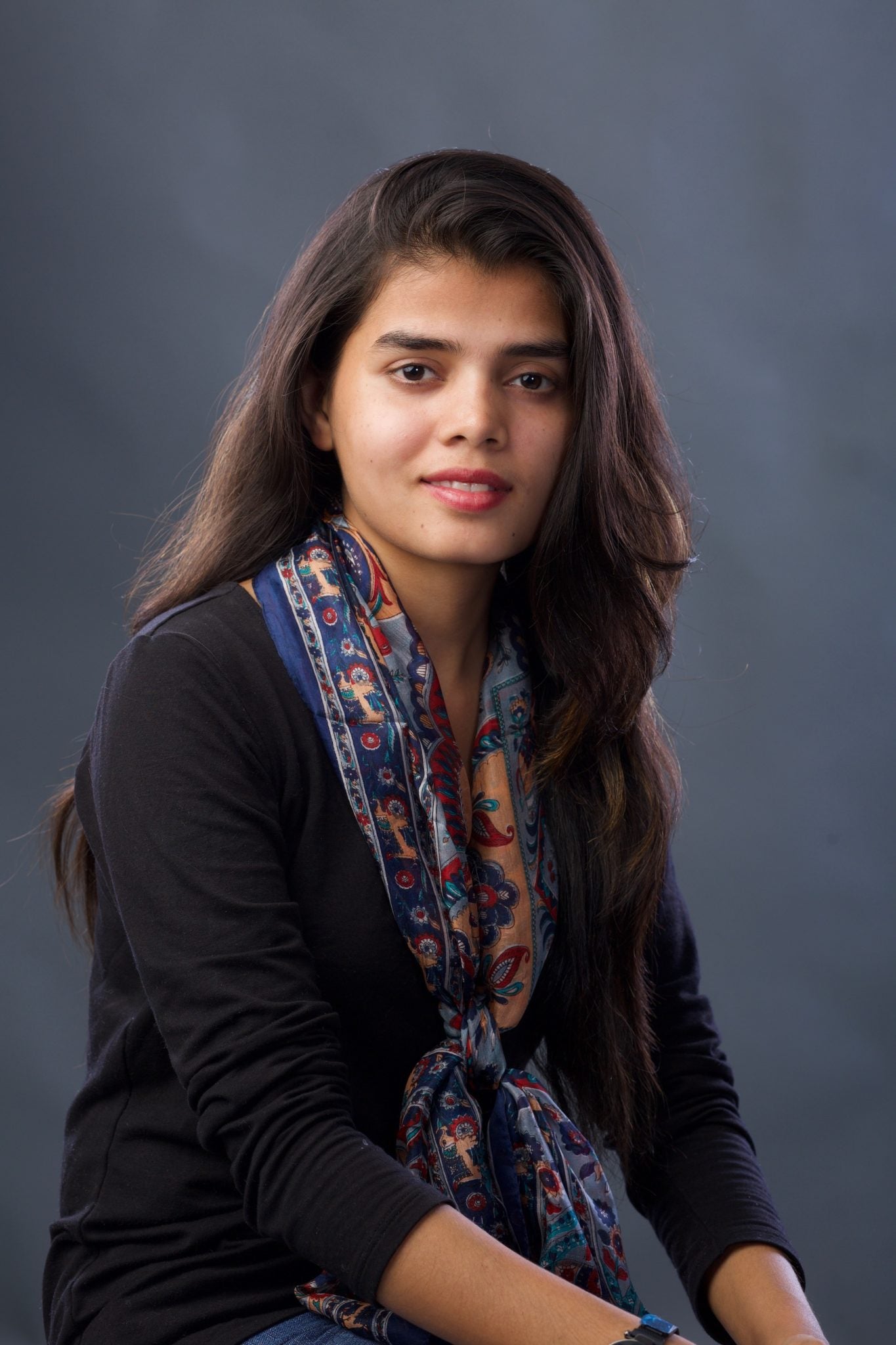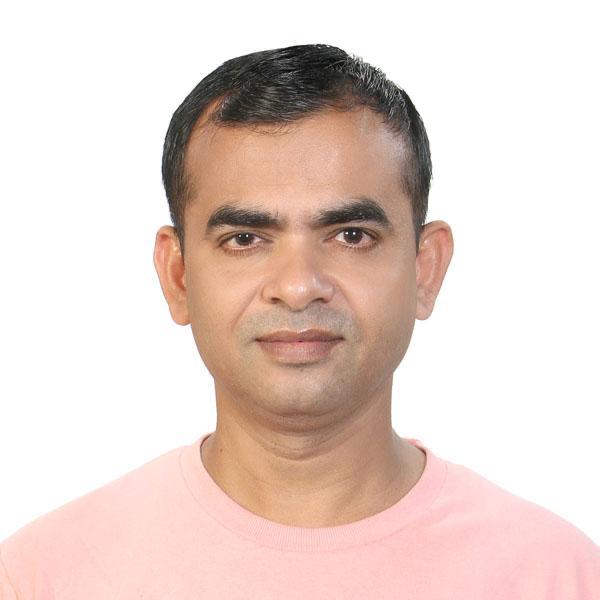
Nasreen Sheikh #7Keys
Nasreen Sheikh founded Local Women's Handicrafts in 2008 with a big goal: To lift women up who have been marginalized and exploited; to give them opportunity, skills, and a sense of dignity; and to spread our model of empowerment across the world. Nasreen Sheikh founded LWH as a small shop in Kathmandu when she was still a teenager. Having already survived working for two years as a child laborer in a sweatshop, she opened LWH to take control of her own destiny and give herself the kind of hope she’d previously never thought possible. Nasreen soon began to train local women to make handcrafted textiles they could sell at her shop. As she saw the women gain confidence and light return to their eyes, she realized she had the opportunity to spread this work across the world and empower disadvantaged women everywhere. Through the LWH entrepreneurial empowerment model, our goal is to empower 10,000 women in the world’s poorest regions by 2025 and create a textile industry that honors sustainability, human rights and dignity.
-

Sahin Pravin
Namaste. My name is Sahin Pravin, I am around 21 years-old and come from the east of Nepal. In my home village, like many in Nepal, woman have little or no rights and to be born female often leads to a very disadvantaged life. I was living with a cousin when Nasreen, my sister, visited me in my home village. She told me all about the Local Women’s Handicrafts (LWH) project and her vision and what she wanted to create. It was then that I decided to return to Kathmandu with her. It is difficult to express how excited I was to be given the opportunity to get my fundamental rights back, rights that many women from around the world take for granted every day.
-

Mazahar Miaha
Mazahar Miaha is the founder of Local Women's Handicrafts Australia, LWH Australia is dedicated to empowering and educating women artisans in Nepal, and India The collective provides these artisans with a safe space and a fair wage, while producing unique fashion and decor items aimed at dismantling forced labor and modern slavery in the textile industry.
Mazahar champions a unique circular leadership model, ensuring that all decisions resonate deeply with the artisans who create these beautiful handmade products. As a survivor of modern slavery himself, he brings a powerful and personal perspective to his role, significantly impacting the community through the development of transformative programs.
Beyond managing his own schools and shop in Sydney, Mazahar actively participates in speaking engagements with communities, organizations, and at public events . His efforts are vital in raising awareness about the global issues of the 50 million individuals still subjected to modern slavery, advocating for a shift towards more ethical consumer behaviors.
Mazahar's dedication is important in driving a global movement toward a more humane and just world, demonstrating that change is achievable through compassion, innovation, and collective action.


